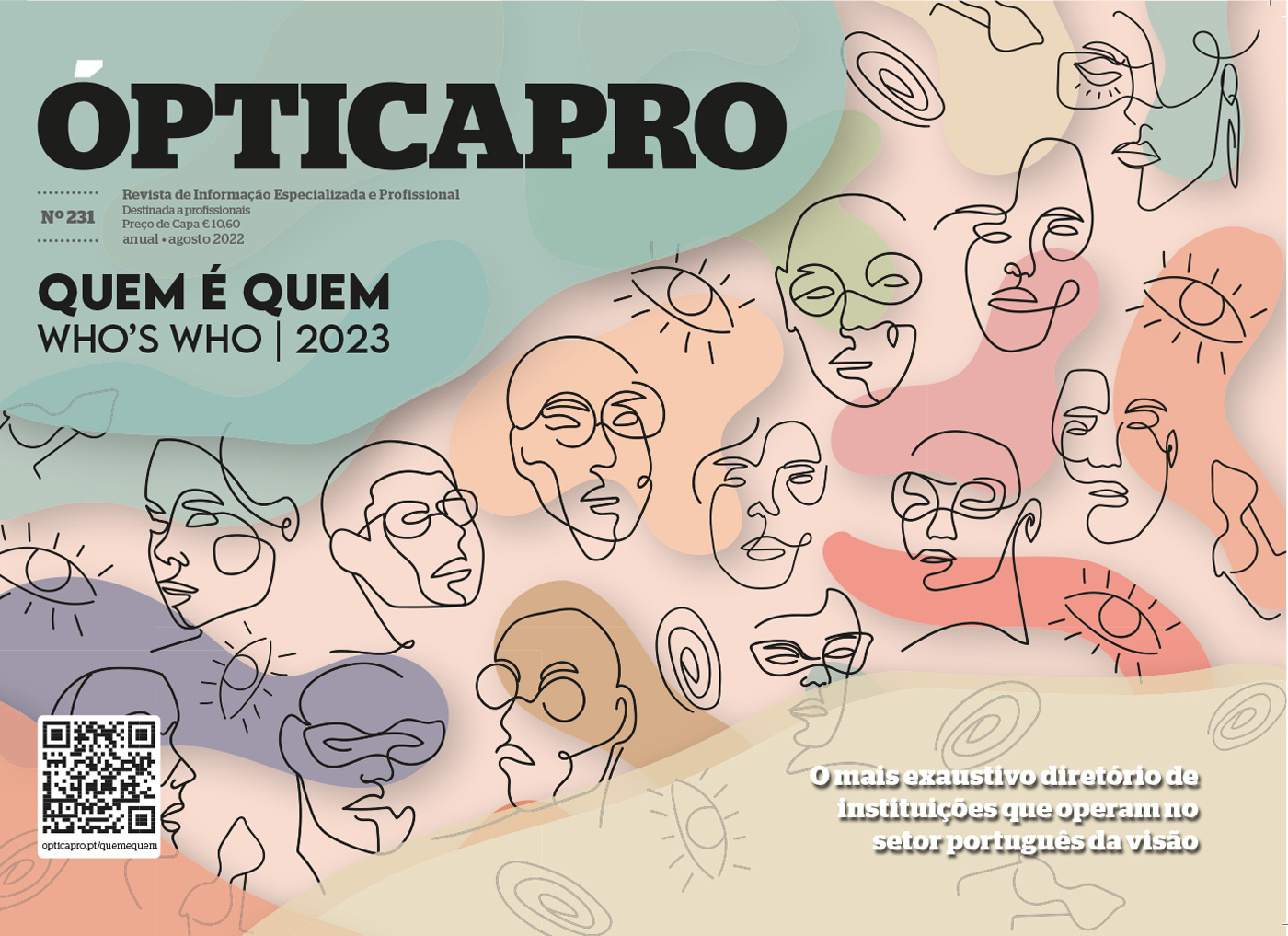For more than a decade, in the world of glasses we are used to making, the typical MACRO distinctions on the origin and characteristics of glasses, the brands and their production. For example, a distinction is made between the productions of multinationals (accompanying classic Italian products with the most recent ones from beyond the Alps) and the niche productions of independent brands.
We also like to distinguish and value Made in Europe (Italy, France, Germany mainly), Made in Japan (as much and sometimes even more valuable than the above) and the often underrated (even unfairly sometimes) Made in China pass-partout and so on.
Speaking of Made in Europe, our thoughts automatically turn to the historic Belluno eyewear district (Agordo, Cadore, Longarone, which expands downstream to the province of Treviso), to the smaller Varese district in Italy, and to a couple of companies in southern Italy (Irpinia, Avellino).
Even the French multinationals (Kering and Thelios) concentrate part of their production in these areas, leaving the more niche brands to produce in the historic (150-year history) prestigious Jura district in the French Alps with its centre in Morez. German-Austrian-Swiss production, meanwhile, boasts historical tradition, craftsmanship and obviously quality (famous titanium, for example, but all metal in general), all always with minimalist design.
In short, when we hear that our glasses are made in Italy, France or Germany, we feel relieved and willing to spend the extra euros needed to buy them. However, there are also alternatives and options within the classic European triptych described above.
We know that there are glasses produced also in Scandinavia, some production in Eastern Europe (Poland, for example) and also Portugal has a small production in the North of the country (in the district of Gondomar). Finally, Spain has some small artisan companies in Catalonia and perhaps Galicia, but mainly to produce prototypes for the well-known independent brands in Barcelona.
Perhaps few people know, however, that glasses have been produced for some years with class, design and quality also in the oldest region of Attica, in Greece, near Athens. This is the case with URBAN OWL, a beautiful young independent brand that has been producing and selling in Greece for some years now.

The characteristics of URBAN OWL apart from a very Mediterranean and absolutely unconventional design are the quality of its acetate (Italian), the original colours of its collections and an absolutely suitable and competitive price. The strategy of the young entrepreneurs (two Athenian brothers Angelo and Kostas Destounis) was to start marketing URBAN OWL in Greece and Cyprus, markets they know well and dominate thanks to their decades of distribution activity.
Subsequently, between 2019 and 2020, the internationalisation of the brand began and, in the tight space of 12 months, sales could be organised in other European markets, mainly Italy, France and Spain. The time has now come to refine distribution in the rest of Europe and we are finalising agreements to enter the ever attentive and elegant Portuguese market.
The aim of URBAN OWL is to bring to the market a product finely designed and aimed at a public attentive to the trends of the moment, managing, thanks to the complete control of the entire production chain in its factory in Athens, to combine the aspect of quality with respect for the final price to the public.
As ophthalmologists are already aware, the world of independent brands has become increasingly important over the last decade. Opticians have become boutiques that are highly differentiated by the brands and products they present to the public.
Among the sea of independent brands that independent opticians can choose from today, very few brands have the privilege of producing their own glasses, in their own workshop or factory. There are sporadic cases in Italy where some medium-sized factories have recently started to produce and market their own independent brands successfully. However, they are still few; one of them is proudly the Greek brand Urban Owl.
It will therefore be interesting for opticians to discover this new reality, to touch this beautiful pair of glasses with their own hands, knowing that they were designed and produced in an artisanal and passionate way, not in typical European production areas, but in neighbouring, beloved Greece.
This Mario Torre article was published in ÓpticaPro 216.





